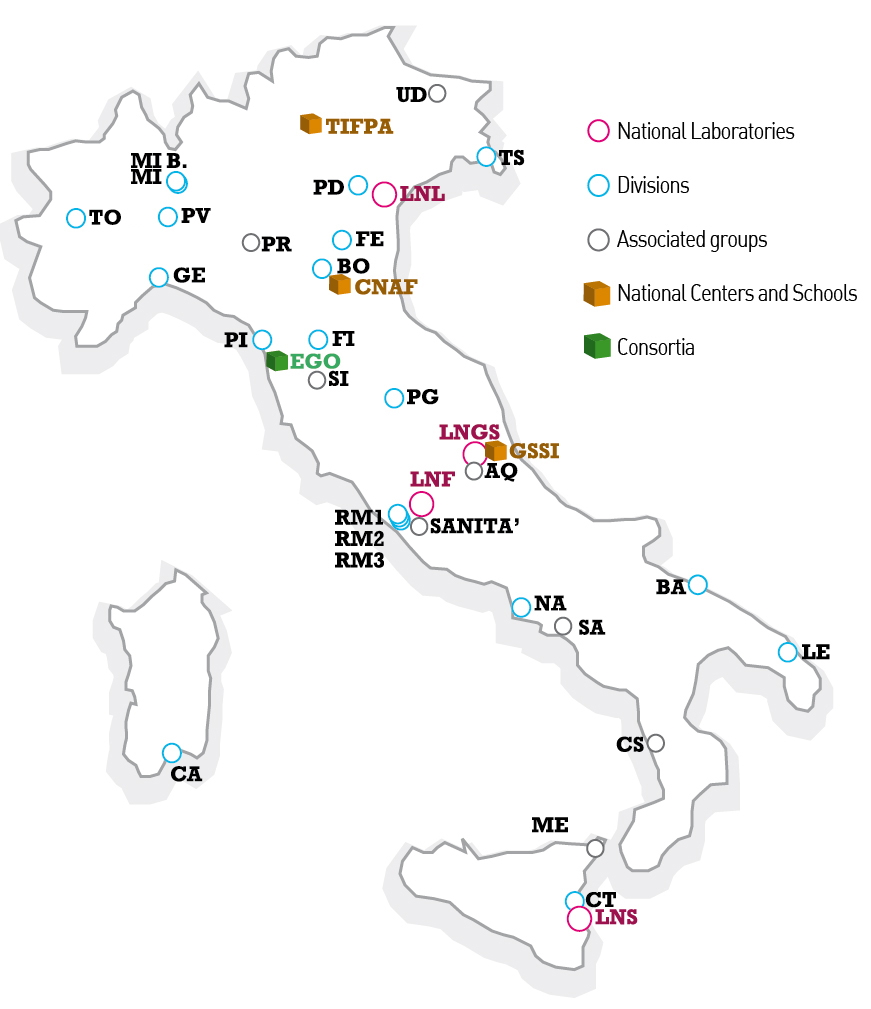Abstract
Complex networks are relevant topics in theoretical physics and statistical mechanics, with ramifications in fields as diverse as complex systems, design of soft materials, cell biology, neuroscience, epidemiology, and deep learning.
A network is an abstract high-level description of multi-body interactions occurring between elements of a system. Real complex networks cannot be described by the standard assumptions of homogeneity and uniformity typically adopted in mean field theories of physics. Because of this, their characterization represents a major challenge. Examples of complex networks include (i) quantum networks; (ii) polymer networks with anomalous mechanical and rheological response; (iii) contact networks in proteins and chromatin; (iv) ecological and social networks; (v) metabolic networks; (vii) technological networks; (vii) transportation and information networks; (ix) neural networks.
Complex networks are becoming popular also as building blocks in the architecture of deep learning algorithms. Understanding the dynamics of these structures is crucial for designing better algorithms. Physics of disordered systems may greatly help in this task, as it offers both concepts and tools suitable to characterize in detail the processes of machine learning.
The aim of this project is to study some of complex networks listed above by using advanced theoretical tools (i.e. spectral methods, inhomogeneous mean-field approaches, topological methods, renormalization group ideas), state-of-the-art numerical techniques (Molecular dynamics and Monte Carlo methods) and modern data analysis methods (clustering, pattern recognition, machine learning, etc.).
In particular, we aim at developing techniques to exploit and control the properties of complex networks and the processes living on them. For instance one can make social and technological networks more robust and resilient and apply modern statistical techniques to the design and control of natural and artificial neural networks. We also aim to make the processes of automatic learning (with and without supervision) more “understandable” from a human point of view. We envisage that the study of dynamical systems on networks using the tecniques of Theoretical Physics could provide new insights for undestanding Complex Systems Physics and their relevance for the development of a non equilibrium Statistical Mechanics.
The main topics that we plan to study are the following:
T1: Statistical and dynamical properties of artificial and real networks
T2: Dynamics of topologically entangled polymer networks
T3: Contact networks in epigenetics and protein folding dynamics
T4: Resilience and control of neural and ecological networks
T5: Interplay between social and information networks
T6: Statistics and dynamics of quantum networks
